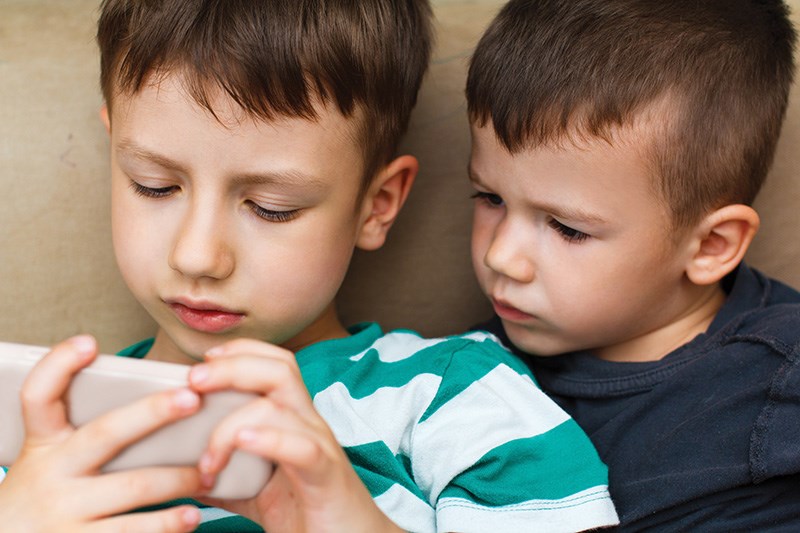It was the kind of family event at which you know memories are being made: a cousin’s baby christened during a special visit to church, followed by a huge celebratory lunch at a nearby restaurant.
There were four massive tables arranged and waiting for us when we arrived. Everyone was in a good mood and eager to tuck into whatever was put before us after sitting (and standing and sitting and standing) for a couple hours during the touching morning service.
We had all worked up an appetite, especially the children. When we first arrived, there was the requisite climbing over chairs, under tables and a burst of racing around the room until they staked claim to the farthest table. My children proclaimed it the “kids’ table.”
One by one, cousins and friends joined my children there. Most of the kids didn’t know each other and I was eager for them all to make new acquaintances – future friends they would meet again at the next wedding or reunion.
It took a while for the food to arrive and sporadically, one or both of my girls would come up to us at our “adult table” and complain how bored they were. After the third visit, I was incredulous. How, with seven other kids their age, could they possibly be bored?
I peaked over to see what exactly was going on.
With the exception of one other child, everyone’s gaze was cast downward intently focused on playing some sort of electronic. Be it a tablet, smart phone or gaming device, they sat there silent and glued to a screen.
The dismay I could see in my children’s faces echoed what I felt in my heart.
“No one wants to play with us, mom. They’re playing games or something,” one said.
Indeed. Not one conversation was being had, no playful banter, no questions about where they lived or what school they attended. Everyone had checked out and was absorbed by the little rectangle box they held in their hands.
Last year Nick Bilton wrote in The New York Times of a phone conversation he had had years back with Steve Jobs in which the Apple mogul set him straight on a few things.
“So, your kids must love the iPad?” Bilton had asked Jobs, just as the company’s first tablet was hitting the shelves. “They haven’t used it,” he told the reporter. “We limit how much technology our kids use at home.”
Jobs wasn’t alone in his approach.
It’s a fact that many top tech execs, particularly those in the Silicon Valley, eschew screen time, some banning it entirely for their children. In fact there is a huge emphasis by countless parents on giving children a media-free childhood in that region. Programmers, animators and designers embrace creative, hands-on learning over smart boards and iPads.
Alan Eagle is a communications executive at Google who holds a computer science degree from Dartmouth. Eagle sends his children to a Waldorf school in Los Altos, Calif., and has been quoted as saying, “I fundamentally reject the notion you need technology aids in grammar school. The idea that an app on an iPad can better teach my kids to read or do arithmetic, that’s ridiculous.”
Not having a computer science degree or a fancy job at one of the world’s most profitable tech or Internet companies, I feel comfortable in deferring to such folk when asked to defend my position about my choice to not open the world of media and screens while my kids are still so young. The argument that kids need to be on technology early and often or they will fall behind just doesn’t fly; programmers are outdoing themselves regularly making computers easier and more intuitive to use.
So ultimately it comes down not to benefit, but cost.
And if there’s one thing I learned at our family dinner last weekend, the cost is huge. While we adults were introduced to the newest member of the family, caught up with distant relatives and met treasured friends of the new parents, the youngest generation poked at screens and refused to make eye contact, missing out on the very reason we were there in the first place: to get to know the new faces and strengthen the bonds we already shared.
But then, there’s always Facebook, right?




